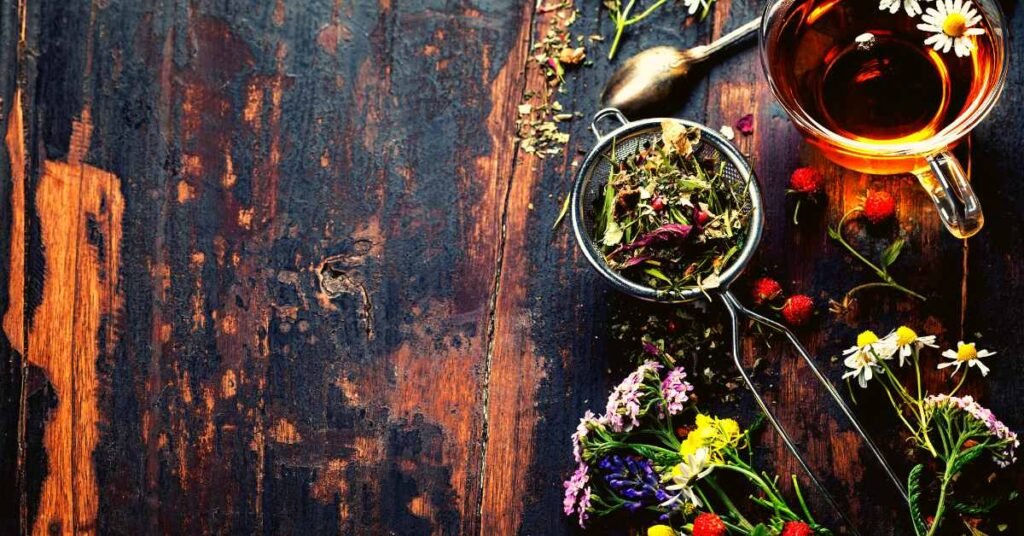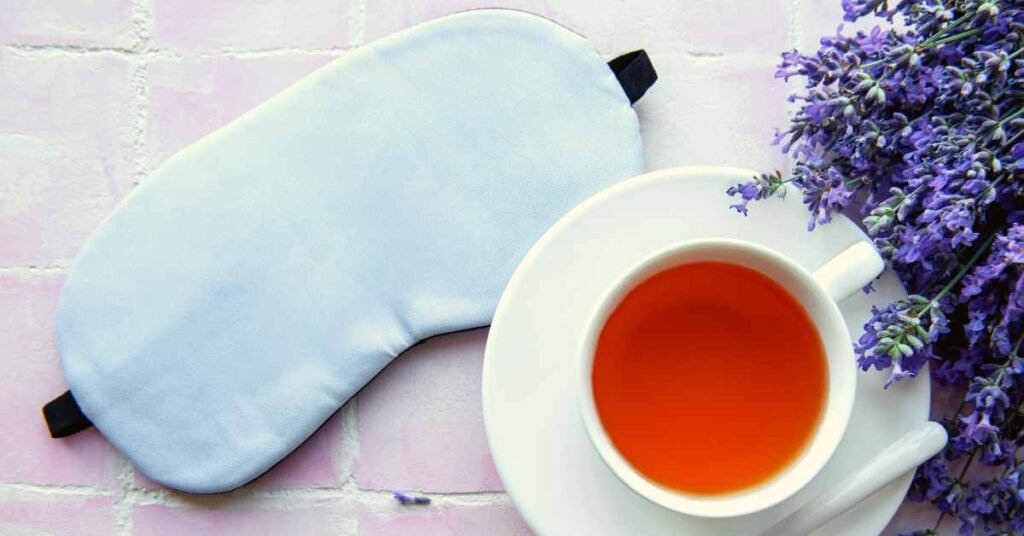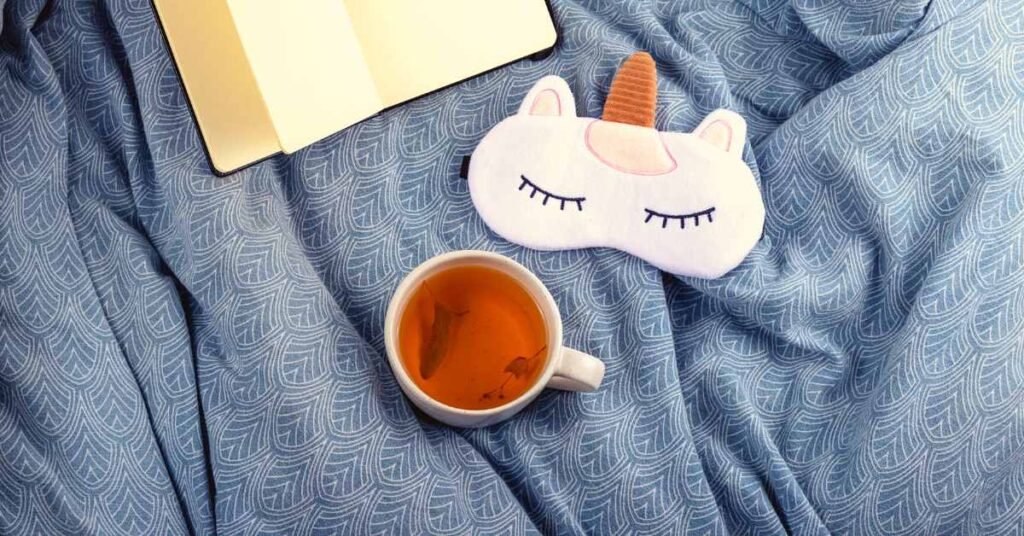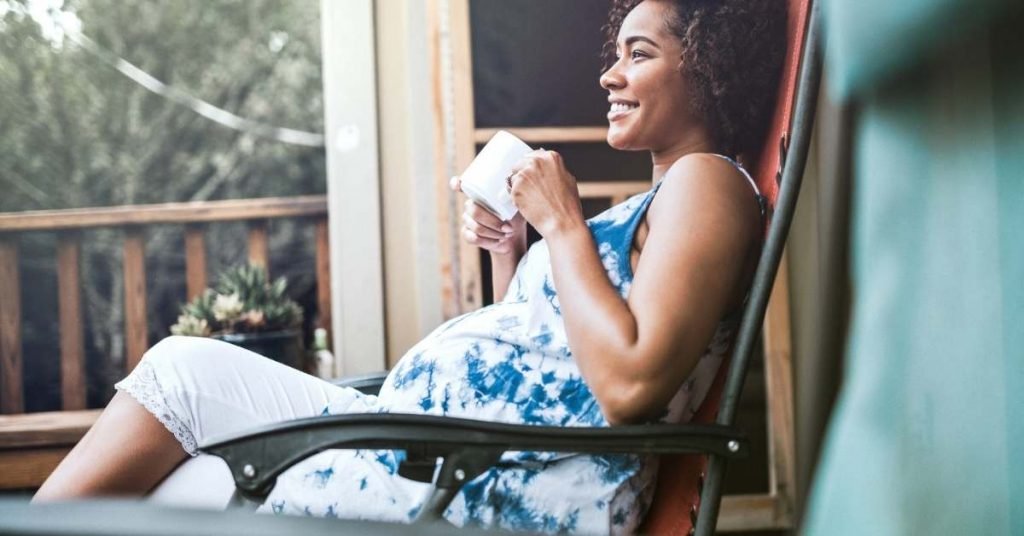In a world that’s constantly buzzing with activity and stress, the quest for a good night’s sleep has become more elusive than ever.
Amidst the myriad of remedies and solutions, herbal teas have emerged as a popular choice for those seeking a natural way to induce sleep.
But the question lingers:
can herbal teas genuinely act as a sleeping aid, or is it just a comforting ritual with no concrete impact on our sleep patterns?
This article delves into the world of herbal teas to unravel the truth behind their potential sleep-inducing properties.
Understanding Herbal Teas

Herbal teas, often referred to as tisanes, are concoctions made from dried herbs, fruits, flowers, or other plant-based ingredients.
Unlike traditional teas derived from the Camellia sinensis plant, such as black, green, or oolong tea, herbal teas are caffeine-free and offer a diverse range of flavors and potential health benefits.
Many herbal teas have been cherished for centuries in various cultures for their purported medicinal properties, and sleep aid is one of the claims that have gained prominence in recent times.
Common Herbal Teas and Their Sleep-Inducing Ingredients
Several herbs are believed to have sedative or calming effects, making them popular choices for herbal teas marketed as sleep aids.
Here are some common herbal teas and the key ingredients associated with their potential sleep-inducing properties:
Chamomile Tea:
- Chamomile is renowned for its mild sedative effects. It contains apigenin, an antioxidant that may bind to certain receptors in the brain, promoting relaxation and reducing anxiety.
Valerian Root Tea:
- Valerian root has been used for centuries as a natural remedy for various ailments, including insomnia. Some studies suggest that valerian root may increase the levels of a neurotransmitter called gamma-aminobutyric acid (GABA), which can have a calming effect on the brain.
Lavender Tea:

- Lavender, with its distinct aroma, is believed to have calming properties. Aromatherapy with lavender has been shown to reduce stress and improve sleep quality, and these benefits may extend to lavender tea.
Peppermint Tea:
- While peppermint tea is more commonly associated with digestion, its muscle-relaxing properties may contribute to a sense of relaxation, potentially aiding in sleep.
Passionflower Tea:
- Passionflower is another herb with a long history of use in traditional medicine. Some studies suggest that passionflower may have anxiety-reducing effects, making it a potential candidate for promoting better sleep.
The Science Behind Herbal Teas and Sleep
The scientific evidence supporting the sleep-inducing claims of herbal teas is still somewhat limited, and more research is needed to establish concrete connections.
However, some studies have provided interesting insights into the potential benefits of certain herbal teas on sleep:
Chamomile:
- A study published in the Journal of Clinical Psychopharmacology found that chamomile extract had a modest sleep-inducing effect in individuals with mild to moderate generalized anxiety disorder.
Valerian Root:
- A review published in the American Journal of Medicine concluded that valerian root may improve sleep quality without causing significant side effects.
Lavender:
- Research published in the International Journal of Psychiatry in Clinical Practice suggests that lavender aromatherapy may improve sleep quality in individuals with insomnia.
Passionflower:
- A study in the Journal of Clinical Pharmacy and Therapeutics found that passionflower extract had a mild calming effect and improved sleep quality in adults with insomnia.

While these studies provide promising insights, it’s important to note that individual responses to herbal teas can vary, and more rigorous research is needed to establish definitive conclusions.
Incorporating Herbal Teas into Your Sleep Routine
If you’re considering trying herbal teas as a sleep aid, here are some tips for incorporating them into your nightly routine:
Consistency is Key:
- To observe potential benefits, make herbal tea a consistent part of your bedtime routine. Drinking it at the same time each night signals to your body that it’s time to wind down.
Create a Relaxing Ritual:
- Use the preparation of herbal tea as a calming ritual. Choose a quiet, comfortable space, and take the time to savor the aroma and warmth of the tea.
Limit Caffeine and Sugar:
- Opt for caffeine-free herbal teas to avoid disrupting your sleep. Additionally, choose teas without added sugars to promote overall health.
Combine with Other Relaxation Techniques:
- Enhance the calming effects of herbal teas by combining them with other relaxation techniques, such as deep breathing, gentle stretching, or meditation.
Final Word
Herbal teas have undoubtedly earned a place in the hearts and kitchens of those seeking natural remedies for sleep disturbances.
While the scientific evidence supporting their sleep-inducing claims is still evolving, the rich history of traditional use and some promising research results make them an intriguing option for those looking to enhance their sleep quality naturally.
As with any holistic approach to health, individual responses can vary, and it’s essential to listen to your body and consult with healthcare professionals if sleep issues persist.
Whether it’s the soothing warmth, the comforting ritual, or the potential bioactive compounds, herbal teas offer a holistic and enjoyable avenue for exploring the path to a restful night’s sleep.
MEDICAL DISCLAIMER
Itsnevernotteatime.com cannot and does not contain medical/health advice. The medical/health information is provided for general and educational purposes only and is not a substitute for professional advice.




